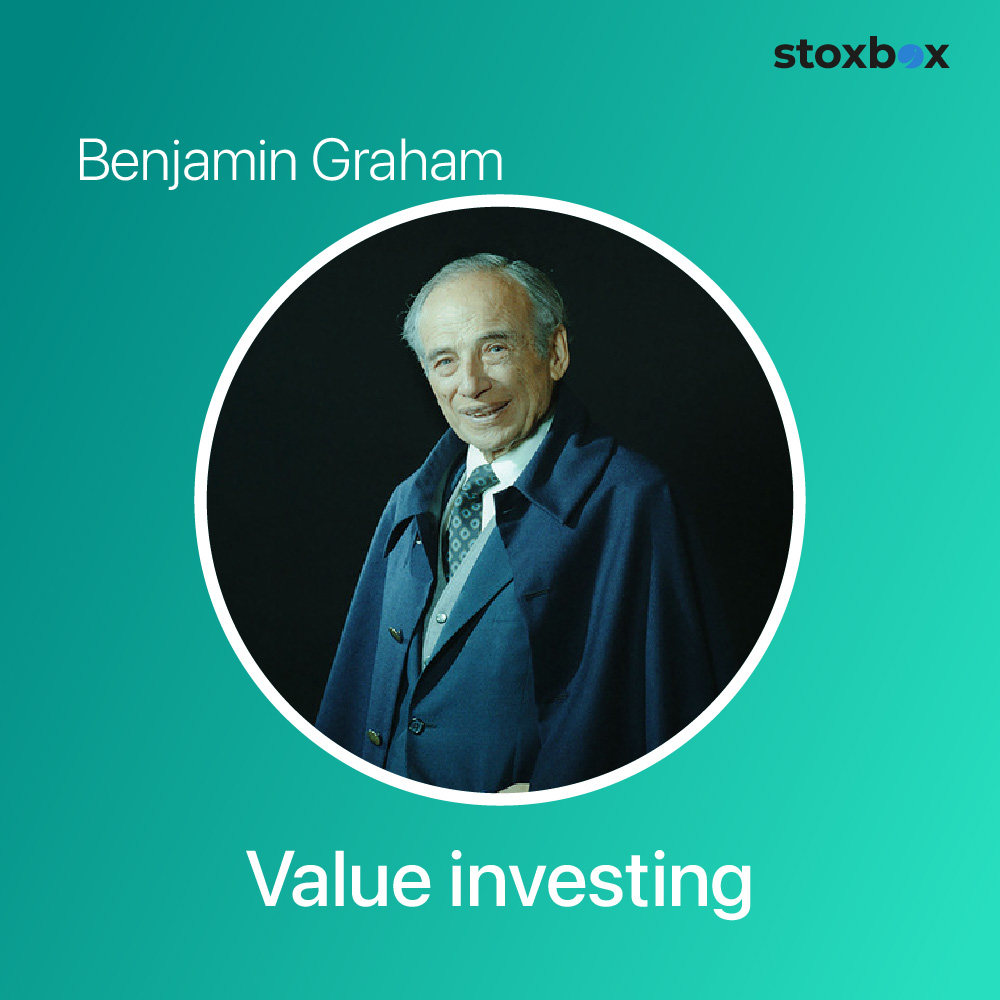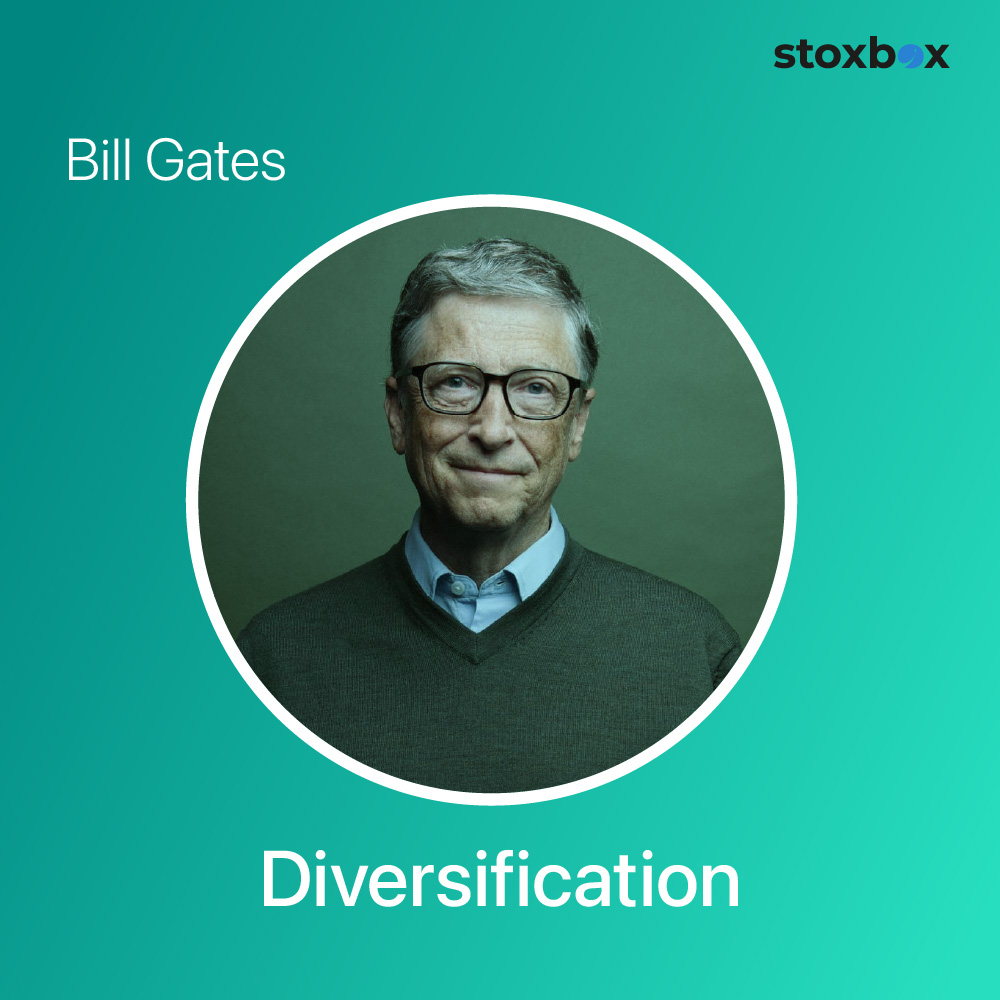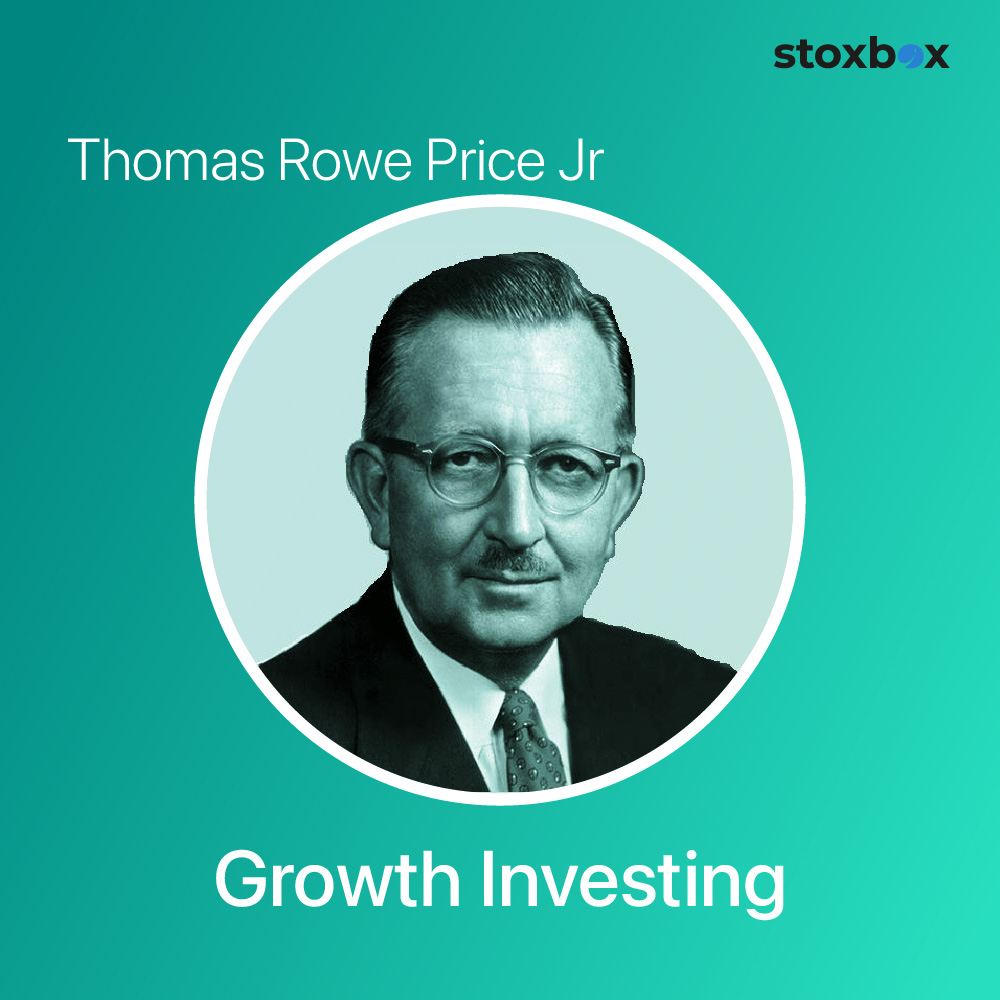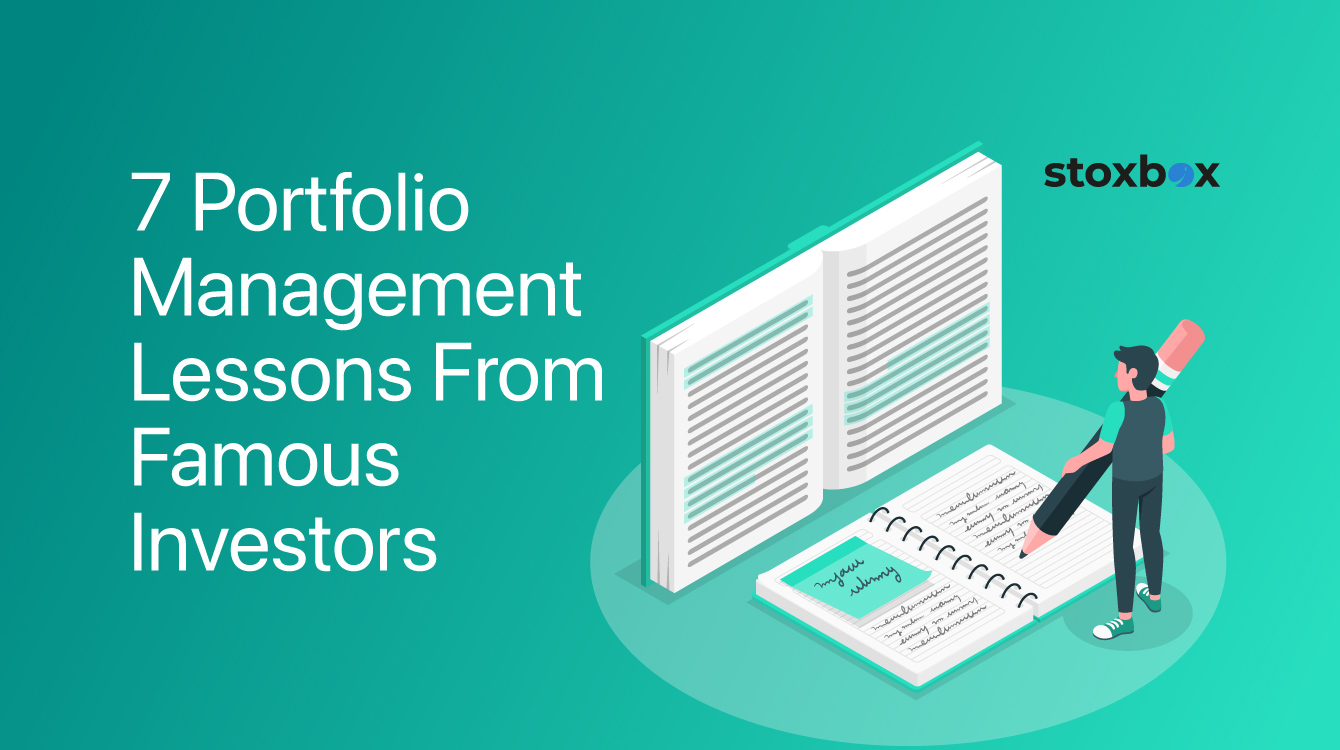7 portfolio management lessons from famous investors
Looking for tips to manage your portfolio? We have curated advice from the world’s greatest investors in this article. But first things first. What is portfolio management?
Portfolio management is the systematic management of investment, selection and organization of investment products as per one’s risk appetite with a view to optimize investment returns.
Why go for portfolio management?
In portfolio management, a dedicated fund manager looks after the fund performance and invests funds as per the customer’s investment and risk profile. Since the fund manager closely watches the stock performance and market developments, he is in a better position to predict market trends and make investments which may yield promising results.
Portfolio management can be a huge relief for beginners- especially young adults who want to make money from stock markets but lack the confidence to explore on their own. At the same time, experienced investors who do not have the time to research and monitor their investments also benefit from portfolio management.
You can track your investments by downloading the portfolio management app from GooglePlay. It provides a user-friendly platform which gives you the current position of your fund, tells you about the fund performance and other fund information like comparison with peers, switching of funds, etc.
When is portfolio management recommended for investors?
Many times, investors are not able to decide where to invest, how much to invest and in which company to invest. Further, in some cases, investors may not have the time to monitor their investments. Such investors can avail portfolio management services for building an investment portfolio which can take care of these matters.
The fund managers make investment decisions after a detailed study of the fundamentals, management and market sentiments. They study the investment strategies of various successful investors while managing a portfolio. Thanks to these fund/portfolio managers, investors can reap the benefits of investment long term without having to get into the day-to-day decision making.
Investing involves some element of risk and investors are generally educated and informed about this prior to making investments. We will now look at 7 portfolio management lessons from some famous investors, which fund managers use while handling your portfolio. Many portfolio management books have discussed these lessons in detail.
Learn to invest from the famous investors
Warren Buffett: Buy and hold

Warren Buffett believes in the rule “buy and hold”, which means that we should keep patience while investing and trading. Selling too early if the stock goes up or too late when the stock declines may not end in a winning trade. Thus, we should follow the rule of letting a winning trade run to reduce risk of losing trades.
While buying any stock, Buffet studies the fundamentals and management of the company. If the stock is promising, he invests in them with a long-term perspective. Short term market fluctuations do not impact his investment decisions. Buffet says “It’s far better to buy a wonderful company at a fair price than a fair company at a wonderful price.”.
Benjamin Graham: Value Investing

Benjamin Graham is recognized as the father of two fundamental investment disciplines, i.e., security analysis and value investing. He believed in fundamental analysis and invested in companies having a strong balance sheet with less debt, a good cash flow and above average profit margins. If the market price of the said stock was lower than its intrinsic value, he considered it to be a good investing opportunity. It is important to be aware of the safety margin when the stock is traded below its intrinsic value when you are investing in stocks.
Peter Lynch: Buy what you understand

Peter Lynch managed the Fidelity Magellan Fund from 1977 to 1990. Lynch repeatedly beat the benchmark 11 times in those 13 years by achieving an annual return of 29%. He specifically picked stocks about which he had some knowledge or which he could easily understand. There are innumerable stocks in the market and you may not understand the market dynamics of all of them. Hence, fund managers often follow this strategy to invest in stocks which fit their investment criteria.
Bill Gates: Investing in science and technology

Bill Gates, the co-founder of Microsoft Corporation, believes that science and technology are the key to successful businesses. During the pandemic-imposed lockdown, sectors like Edtech, Fintech, payroll accounting etc have generated huge interest and seen rapid growth. Innovation in science and technology always remains in vogue and hence these stocks provide good returns.
For a classic example of how science and technology has become user-friendly, check out our website or download the app on your iPhone.
Thomas Rowe Price Jr.: Growth investing

Thomas Rowe Price Jr. is popularly called “the father of growth investing”. He believes in investing in small or new companies with promising performance in the long term. This leads to an increase in the invested capital amount and an above-average performance. Many fund managers invest in startups and unicorns which have good business potential and are expected to outperform the market in the medium to long term.
Carlos Slim: Looking forward

Carlos Slim has been a successful investor because of his strategy of looking 2-3 years into the future of the company rather than its past. It is important to know what the company plans to do in the near future besides looking at their financial statements and management. For example, a company may raise capital for funding innovation or for acquiring competitors in business. This expansion could be a trigger for investing in the company rather than a company which raises funds to pay off promoters’ debt.
Bill Gates: Diversification

Bill Gates is also known for investing in a diversified portfolio of financial assets, real estate and collectibles to ensure that his wealth continues to grow and risk is mitigated. He thus carefully follows the famous saying-“Don’t put all your eggs in one basket.” Fund managers follow this strategy while managing your funds. Portfolio management for young investors entails diversification as one of the important investment strategies.
Conclusion
Making wealth was not an easy task even for these legendary investors. It required a lot of research, perseverance and right decision making while making investments.
Today, portfolio management in India is well established and regulated by SEBI. Companies engaged in portfolio management provide customized solutions to the investors and easy-to-use platforms for tracking their investments.
We hope you now have enough ideas about portfolio management and investment plans. So what are you waiting for? Get started!
Frequently Asked Questions
Why is diversification important in portfolio management?
Diversification reduces risk by spreading investments across various asset classes, industries, or geographies, minimizing the impact of a poor-performing asset.
How often should I review my portfolio?
Regular portfolio reviews, at least quarterly, are essential to ensure your investments align with your financial goals and adjust for market changes.
What role does risk tolerance play in portfolio management?
Risk tolerance determines the mix of assets in your portfolio, balancing growth potential with your comfort level during market fluctuations.
How can setting clear financial goals improve portfolio performance?
Clear goals provide direction, ensuring your portfolio is structured to achieve specific milestones like retirement, buying a house, or wealth growth.
What is the significance of rebalancing a portfolio?
Rebalancing maintains your desired asset allocation, correcting imbalances caused by market performance, and helps optimize returns while managing risk.
How does monitoring market trends impact portfolio management?
Keeping an eye on market trends helps identify opportunities and threats, enabling timely adjustments to protect and grow your investments.
Why is asset allocation considered a key portfolio management rule?
Asset allocation is crucial because it determines the overall risk and return profile of your portfolio, tailored to meet your financial objectives.
You might also Like.
Union Budget 2026-27 Impact on Sectors
Edit Announcement Companies Impact Rare earth permanent magnet manufacturing programme...



